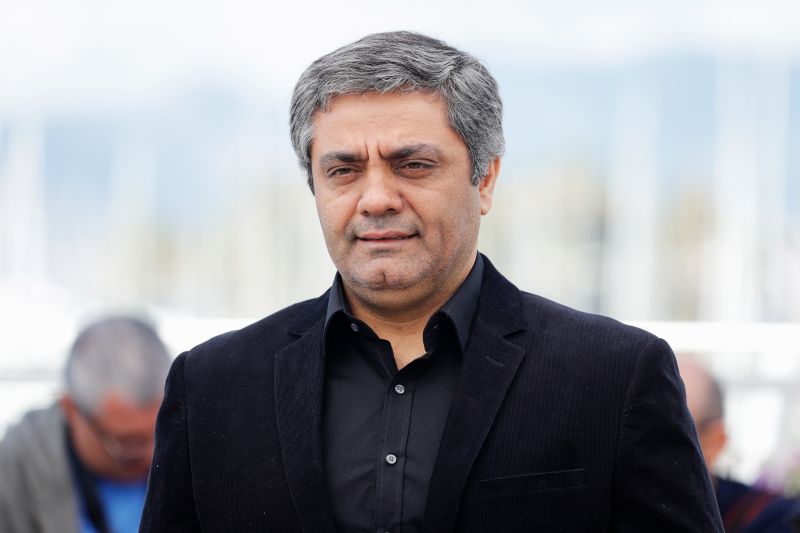Renowned Iranian director, known globally for his immensely creative and inspiring work, recently found himself on the wrong side of Iran’s Judicial system. According to his lawyer, the judiciary sentenced him to an extended eight-year prison term, along with the unthinkable – flogging. The legal consequences stirred international commotion, becoming cause for concern for human rights activists, film industries across the globe, and of course, his devoted fans.
The director, whose work in Iran’s film industry has given a new dimension to Iranian cinema over the years, was convicted primarily on charges of propaganda against the state. His lawyer describes these allegations as unfounded, stating that his client’s creations were always aimed at portraying the raw, unfiltered narratives of Iranian life and socio-political issues. The defense they constructed was robust, emphasizing that the director’s intention was never to criticize or destabilize the government but to create an artistic platform for dialogue and reflection.
The handling of this case brought Iran’s judicial system into the international spotlight, raising questions about freedom of speech and expression in the country. Critics argue that these charges seemingly are but a cover-up for a broader clampdown on the nation’s creative individuals, particularly those whose work tends to challenge the status quo and provoke thought on sensitive matters.
The International Federation of Film Producers Associations, an organization that represents film producers worldwide, strongly condemned the Court’s decision. They expressed concern about the repercussions this case might have on the Iranian film industry’s future. Further, they emphasized that any form of censorship is a breech on the principles of freedom and creativity which the filmmaking profession heavily relies on.
Things took a darker turn when it was disclosed that the judgment of the case also included the punishment of flogging – an act considered inhumane and brutal by many international human rights organizations. Critics argue that this penalty represents an egregious violation of human rights, taking the director’s situation beyond the scope of legal punishment into an arena of outright cruelty.
On a more personal scale, the sentence has a disastrous impact. The director now faces eight long years in prison, away from the cameras and sets that once served as the canvas for his artistic expression. His sentence undermines the freedom and reputation of other Iranian filmmakers, potentially creating a chilling effect on the industry.
While international diplomacy and negotiations are delicately balanced at the best of times, this case puts further strain on Iran’s relations with the west. For a country already in the crosshair of international politics, the judiciary’s decision drew further scrutiny on its approach towards human rights and freedom of expression.
In conclusion, this case reveals both the stifled atmosphere of creative expression in Iran and the dire consequences faced by those who dare to critically engage with societal narratives. Such instances serve as a reminder, ensuring that the world can’t take the freedom of expression for granted and must fight to preserve it at all costs; for in the absence of this freedom, the very essence of human creativity and ingenuity will be suffocated.




